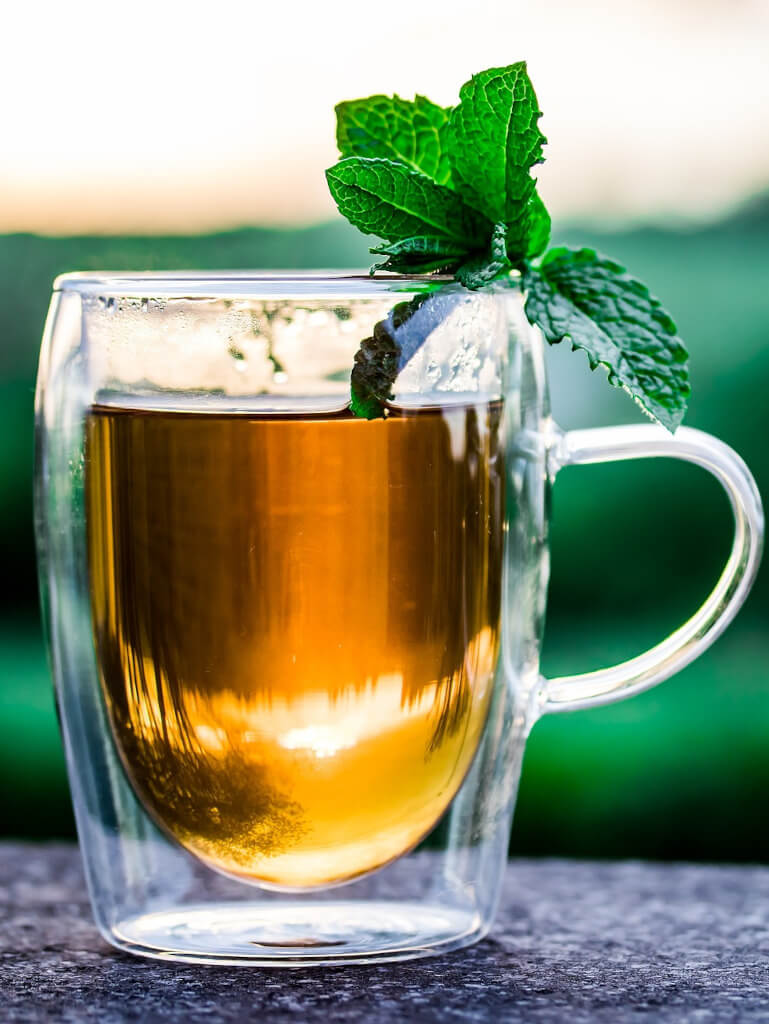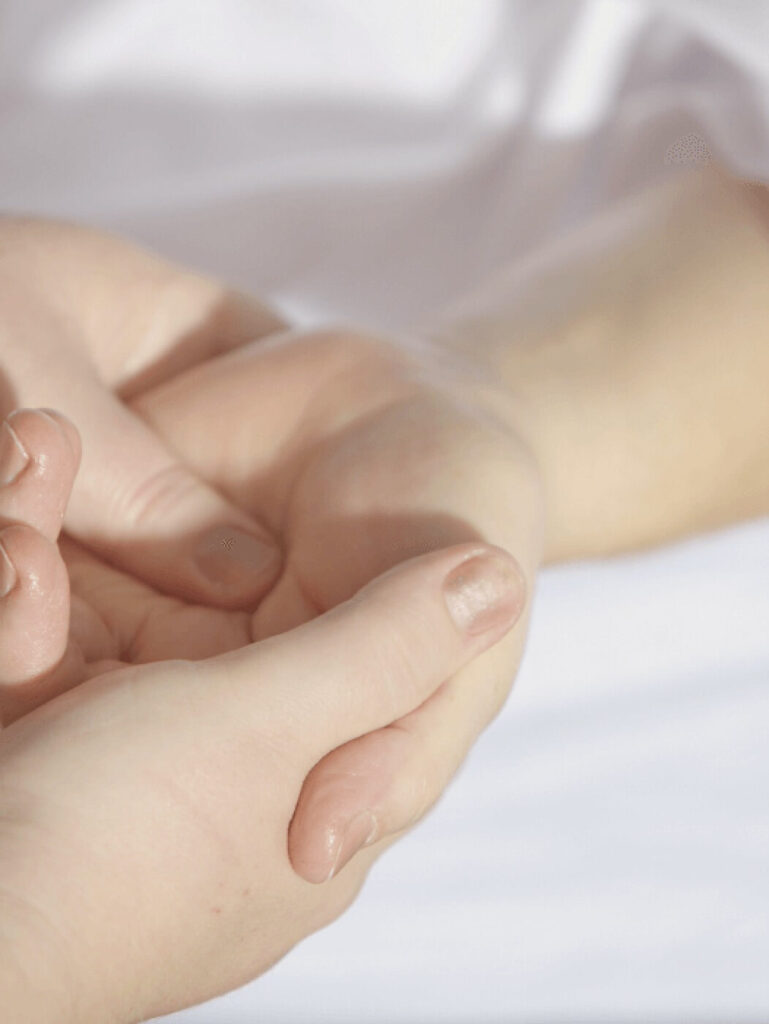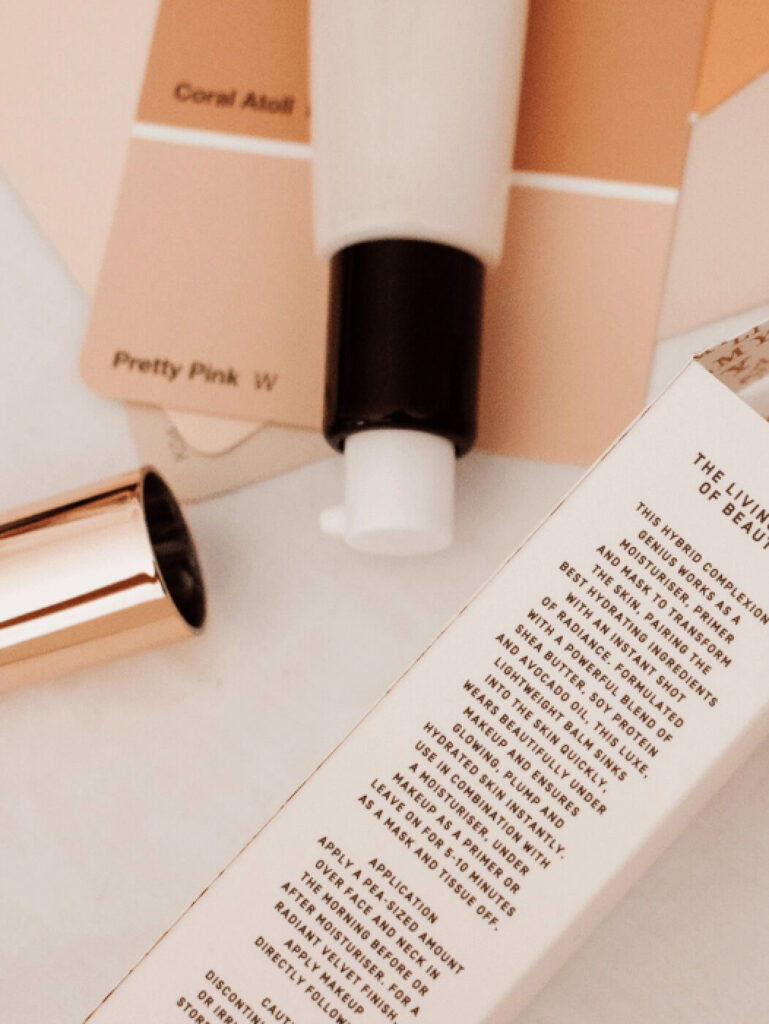In today’s fast-paced world, finding ways to improve our physical and mental health is more important than ever. Many people are turning to holistic and natural methods to achieve a sense of balance and well-being. Here, we explore six practices that can help you sleep better, reduce anxiety, and enhance your overall quality of life. Among these, Gua Sha stands out as a particularly beneficial technique, which we will delve into in detail.
1. Gua Sha: The Ancient Healing Technique
What is Gua Sha?
Gua Sha is a traditional Chinese healing method that involves scraping the skin with a smooth-edged tool to improve circulation and release tension. This practice has been used for thousands of years to treat a variety of ailments, from muscle pain to chronic diseases.
Benefits of Gua Sha
The benefits of Gua Sha extend far beyond its immediate soothing effects. By promoting better blood flow and reducing inflammation, Gua Sha can help alleviate muscle tension, reduce anxiety, and improve sleep quality. The technique is also known for its ability to stimulate the lymphatic system, aiding in detoxification and supporting the immune system.
How to Incorporate Gua Sha into Your Routine
You can perform Gua Sha at home with a Gua Sha tool, which is typically made from jade or rose quartz. Begin by applying a facial oil or serum to your skin to reduce friction. Using gentle, upward strokes, scrape the tool across your skin, focusing on areas where you feel tension. For the best results, incorporate Gua Sha into your nightly routine to unwind and prepare your body for restful sleep.
2. Mindfulness Meditation: Cultivating Inner Peace
What is Mindfulness Meditation?
Mindfulness meditation is the practice of focusing your attention on the present moment, acknowledging and accepting your thoughts and feelings without judgment. This practice has roots in Buddhist traditions but has gained popularity worldwide for its profound mental health benefits.
Benefits of Mindfulness Meditation
Research shows that mindfulness meditation can significantly reduce symptoms of anxiety and depression, improve sleep quality, and enhance overall emotional well-being. By training your mind to remain present, you can better manage stress and develop a more positive outlook on life.
How to Practice Mindfulness Meditation
Find a quiet, comfortable place to sit or lie down. Close your eyes and take a few deep breaths, focusing on the sensation of the air entering and leaving your body. When your mind wanders, gently bring your focus back to your breath. Start with just a few minutes a day and gradually increase the duration as you become more comfortable with the practice.
3. Aromatherapy: Harnessing the Power of Scent
What is Aromatherapy?
Aromatherapy involves using essential oils extracted from plants to promote physical and psychological well-being. These oils can be diffused in the air, applied to the skin, or inhaled directly.
Benefits of Aromatherapy
Different essential oils have unique properties that can help alleviate various conditions. For instance, lavender oil is renowned for its calming effects, making it an excellent choice for reducing anxiety and improving sleep. Peppermint oil, on the other hand, can help boost energy and alleviate headaches.
How to Use Aromatherapy
To create a relaxing environment, add a few drops of your chosen essential oil to a diffuser. You can also mix essential oils with a carrier oil, like coconut or jojoba oil, and apply it to your skin. For a quick relaxation boost, try inhaling the scent directly from the bottle or adding a few drops to a warm bath.
4. Yoga: Balancing Body and Mind
What is Yoga?
Yoga is an ancient practice that combines physical postures, breathing exercises, and meditation. It has been practiced for thousands of years in various forms to promote physical and mental harmony.
Benefits of Yoga
Yoga helps reduce stress, improve flexibility, and enhance overall physical fitness. It also encourages mindfulness and can be an effective tool for managing anxiety and improving sleep. Regular practice can lead to a more balanced and centered lifestyle.
How to Start a Yoga Practice
Begin with a beginner-friendly class or online tutorial to learn the basic poses and breathing techniques. As you become more comfortable, you can explore different styles of yoga, such as Hatha, Vinyasa, or Restorative Yoga, to find what suits you best. Aim to practice for at least 20-30 minutes a day to experience the full benefits.
5. Journaling: Reflecting and Releasing
What is Journaling?
Journaling involves writing down your thoughts, feelings, and experiences. This simple practice can be incredibly therapeutic, helping you process emotions and gain insight into your inner world.
Benefits of Journaling
Writing about your thoughts and feelings can help reduce stress, manage anxiety, and improve mental clarity. It provides a safe space to express yourself and can lead to greater self-awareness and personal growth.
How to Start Journaling
Set aside a few minutes each day to write in a journal. You can write about anything that comes to mind, from your daily experiences to your deepest thoughts and feelings. There are no rules, so let your creativity flow. For those who prefer structure, try using prompts or focusing on specific topics, such as gratitude or goals.
6. Herbal Teas: Nature’s Calming Elixirs
What are Herbal Teas?
Herbal teas are beverages made from the infusion of herbs, flowers, and other plant materials. Unlike traditional teas, herbal teas are usually caffeine-free and are valued for their medicinal properties.
Benefits of Herbal Teas
Different herbs offer various health benefits. Chamomile tea, for instance, is well-known for its calming effects and is often used to promote better sleep and reduce anxiety. Peppermint tea can help with digestion and provide a refreshing energy boost, while lemon balm tea is excellent for relieving stress.
How to Enjoy Herbal Teas
To reap the benefits of herbal teas, choose high-quality, organic herbs. Steep the herbs in hot water for about 5-10 minutes, then strain and enjoy. Incorporate herbal teas into your daily routine, especially in the evening, to help wind down and prepare for a restful night’s sleep.
Conclusion
Incorporating these six practices into your daily routine can significantly enhance your well-being, leading to better sleep, reduced anxiety, and improved overall health. From the ancient art of Gua Sha to the soothing ritual of sipping herbal tea, each practice offers unique benefits that can help you find balance in our hectic world. Start with one or two practices and gradually introduce more as you find what works best for you. Remember, the journey to well-being is a personal one, and finding the right combination of practices can lead to a happier, healthier life.



